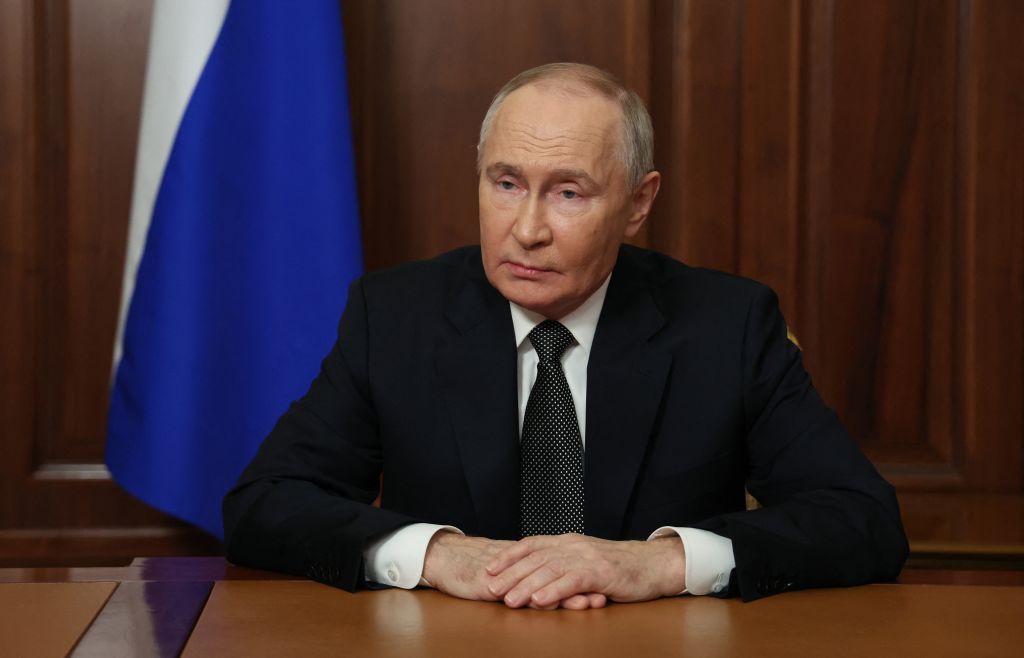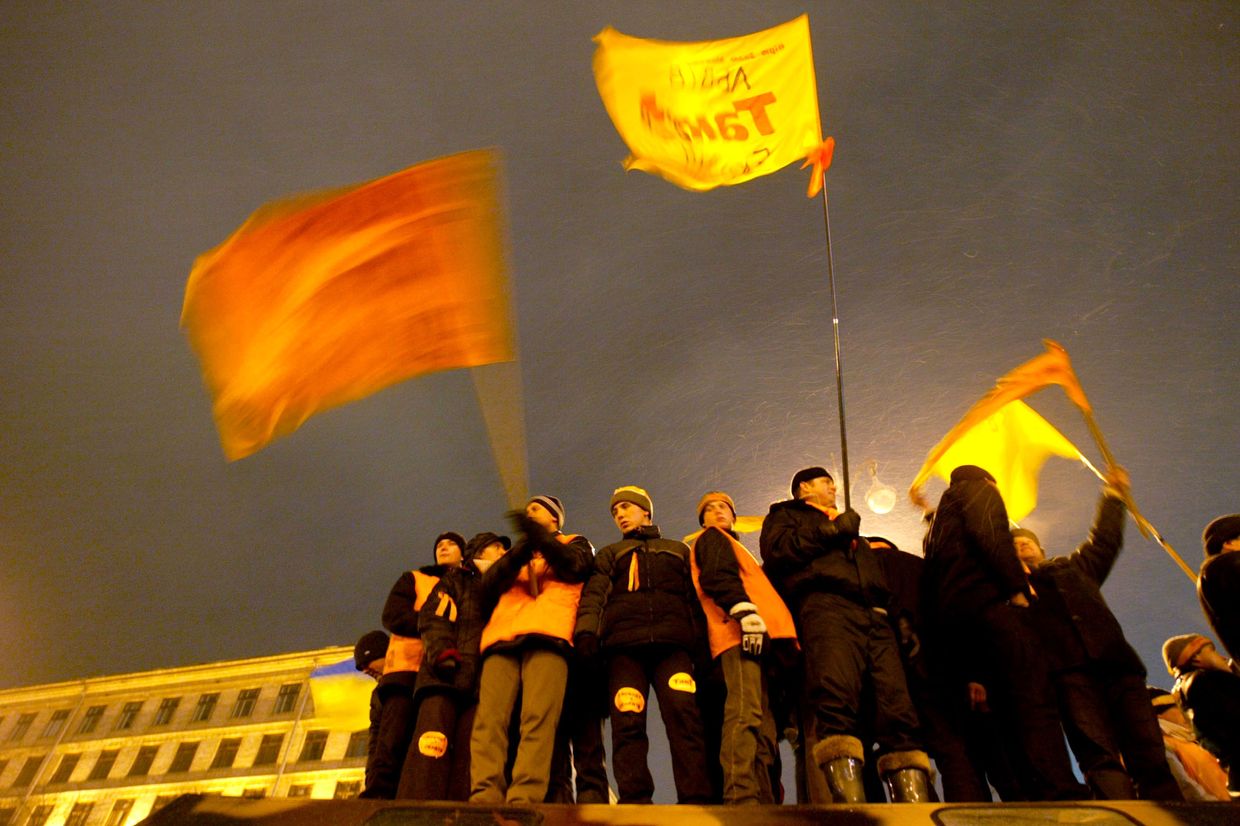Speaking to CNN on May 10, Peskov commented on the latest ceasefire proposal from Ukraine and Europe, responding that Russia needs to "think about" it, but is "resistant" to pressure.
Speaking at a press conference in Kyiv on May 10, President Volodymyr Zelensky rebuked the idea of a demilitarized zone in the war and emphasized the importance of first securing a ceasefire.
"We agreed that a full and unconditional ceasefire must begin on Monday, May 12, for at least 30 days. We jointly demand this from Russia, and we know we are supported in this by the United States," Zelensky said.
The announcement follows mounting fears that the two nuclear-armed countries were on the brink of engaging in another full-scale war.
Ukrainian media outlet ZN.UA reported on May 10 that their law enforcement sources confirmed an ongoing probe by the National Anti-Corruption Bureau into suspected embezzlement, money laundering and bribery.
Iran is preparing to send Russia Fath-360 short-range ballistic missile launchers, Reuters reported on May 9, citing Western security and regional officials familiar with the matter.
"Ukraine and all allies are ready for a complete unconditional ceasefire on land, in the air, and at sea for at least 30 days, starting as early as Monday," Ukraine's Foreign Minister Andrii Sybiha wrote.
U.S. President Donald Trump has acknowledged in private that Russia is difficult to negotiate with because they "want the whole thing," referring to Ukraine, the WSJ reported, citing sources familiar with the comments.
The visit marks Merz’s first trip to Ukraine, and the first time all four leaders have travelled there together.
A notice about the airspace closure was published on the U.S. Defense Department's NOTAM (Notice to Airmen) website on May 10, as cited by Ukrainian defense news outlet Militarnyi.
"As in the past, it is now for Russia to show its willingness to achieve peace," the EU's statement reads.
Kremlin spokesperson Dmitry Peskov rejected the idea of a 30-day ceasefire between Russia and Ukraine, claiming in an interview with ABC News on May 10 that it would be "an advantage" for Ukraine.
Bloomberg: Declassified US intelligence memorandum details Russia's suspected targeting of political adversaries abroad

A declassified U.S. intelligence memorandum sheds light on Russia's suspected assassination attempts of political adversaries abroad, Bloomberg reported on Nov. 23.
The intelligence assessment, which Bloomberg obtained through the U.S.'s Freedom of Information Act, details how U.S. intelligence believed in 2016 that suspected Kremlin-ordered assassinations abroad would likely persist.
The document includes well-known cases, such as the murder of Alexander Litvinenko, a former FSB agent who defected to the U.K.
Litvinenko accused Putin's regime of a number of crimes, including that the FSB was allegedly behind the 1999 bombings of apartment buildings in Moscow and other Russian cities that were originally blamed on Chechen rebels. Among other things, he also said Putin and his circle had ties to organized crime.
Litvinenko died of radiation poisoning in 2006 and blamed Putin before his death. British intelligence concluded that Russia likely carried out the assassination, according to the U.S. intelligence memorandum.
The document also lists former Ukrainian President Viktor Yushchenko, who was poisoned on the campaign trail during the 2004 presidential election, leaving his face temporarily disfigured. It does not purport that Moscow was directly involved in his poisoning but states that his supporters believe Moscow was behind it.
Yushchenko, a pro-West politician, barely survived the poisoning during his election campaign in which he faced off against pro-Russian Prime Minister Viktor Yanukovych, backed by Putin.
Following the poising, Yushchenko went on to lead the Orange Revolution, a public uprising sparked by mass election fraud that saw Yanukovych being declared the winner. Following a new round of voting Yushchenko won and became Ukraine's third president only to lose to Yanukovych in the next election.
Bloomberg noted that, although the document was dated, it showed that the U.S. believed Moscow's willingness to target people abroad—ranging from Caucasus rebels to intelligence defectors and dissidents.

Most Popular

After 3 years of full-scale war in Ukraine, Europe announces plan to ban all Russian gas imports

Ukraine, Europe's ceasefire proposal includes US security guarantees, no recognition of Crimea, Reuters reports

Journalist Roshchyna's body missing organs after Russian captivity, investigation says

After Russia's deadly attack on Kyiv, Vance reposts denunciation of Zelensky

Ukrainian sea drone downs Russian fighter jet in 'world-first' strike, intelligence says
Editors' Picks

How medics of Ukraine’s 3rd Assault Brigade deal with horrors of drone warfare

As Russia trains abducted children for war, Ukraine fights uphill battle to bring them home

'I just hate the Russians' — Kyiv district recovers from drone strike as ceasefire remains elusive



